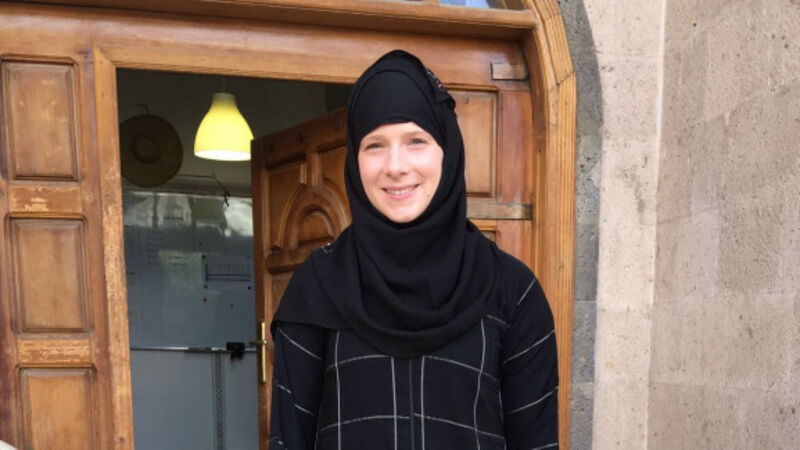SPECIAL REPORT: An Irish doctor's first hand account of working amid conflict in Yemen

I have just returned to Ireland having spent three and a half months in Yemen; working as a doctor for Médecins Sans Frontières/Doctors Without Borders (MSF) near Taiz city.












